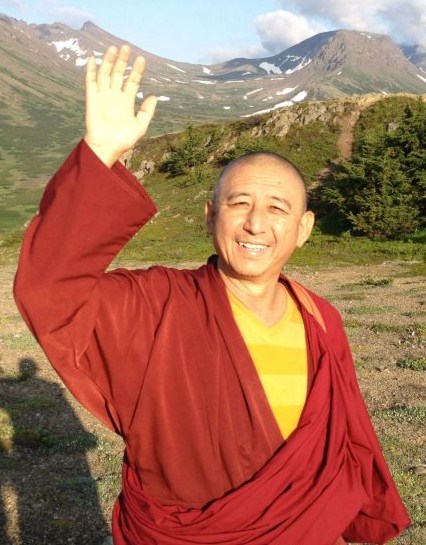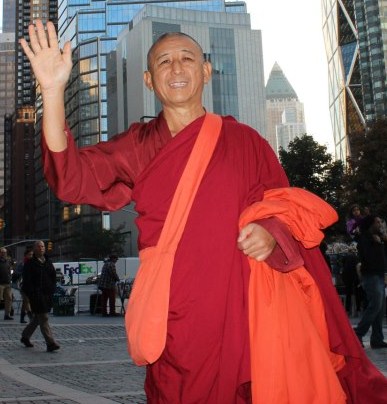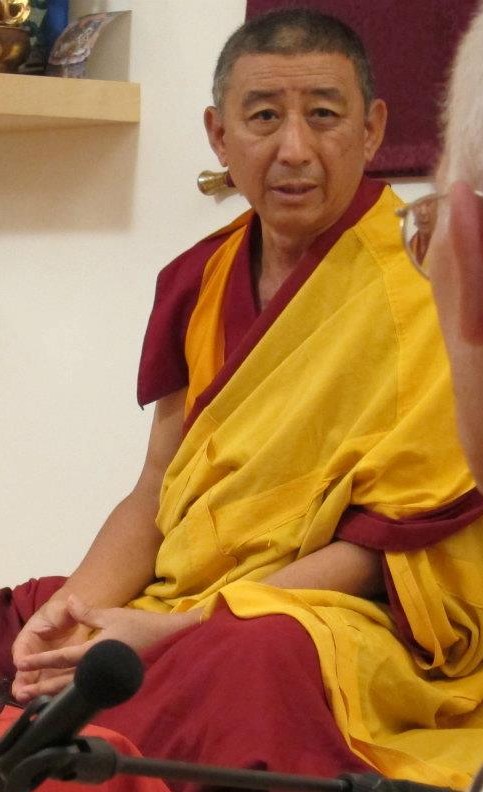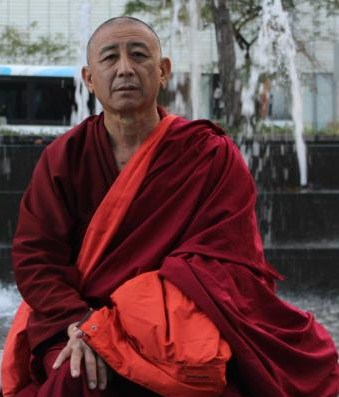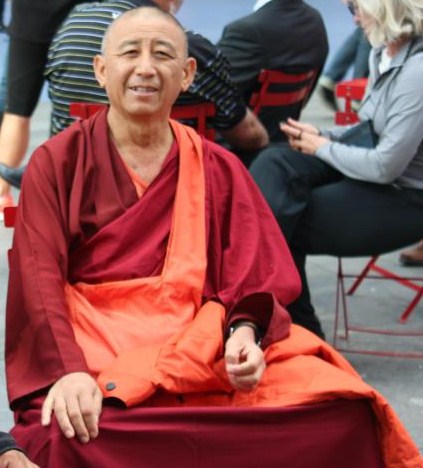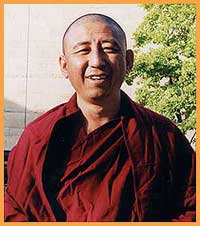-
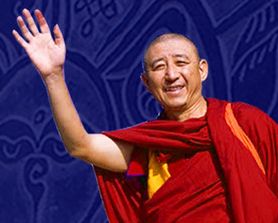
-
Ven. Geshe Thubten Soepa: In the Mahayana teaching, the Buddha forbade eating meat altogether.
-

-
Ven. Geshe Thubten Soepa: In the Mahayana teaching, the Buddha forbade eating meat altogether.
Ven. Geshe Thubten Soepa: Nine Questions About Vegetarianism, taking care of the self.
1: In the monasteries of Tibet people eat meat, which contradicts a bit with the rest of the Buddhist monasteries of other traditions that are vegetarian such as Sri Lanka, Thailand, Burma, Taiwan and other Chinese Buddhists from Singapore, Indonesia , etc. Could you explain the reason for this?
Ven. Geshe Thubten Soepa – In the early Buddhist monasteries of the ninth century there arrived seven new monks, their teachers Shantarachita and Guru Padmasambhava who taught new Buddhists not to eat meat, but the Tibetans ate meat because it was the ancient tradition, a habit, and offerings were made of flesh and blood. Then Shantarachita and Padmasambhava said that if they kept eating meat and making offerings of blood, they would not teach and would return to India. Continue reading
